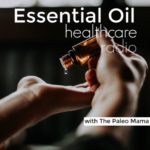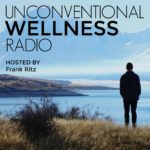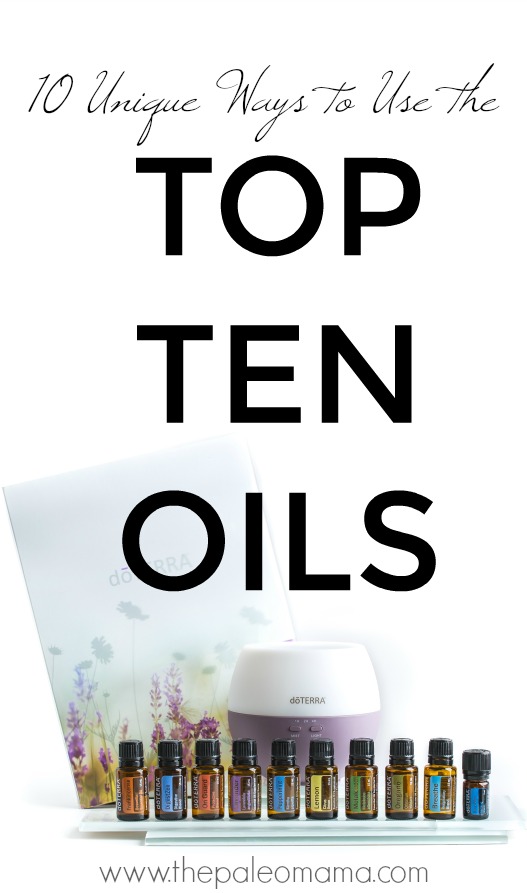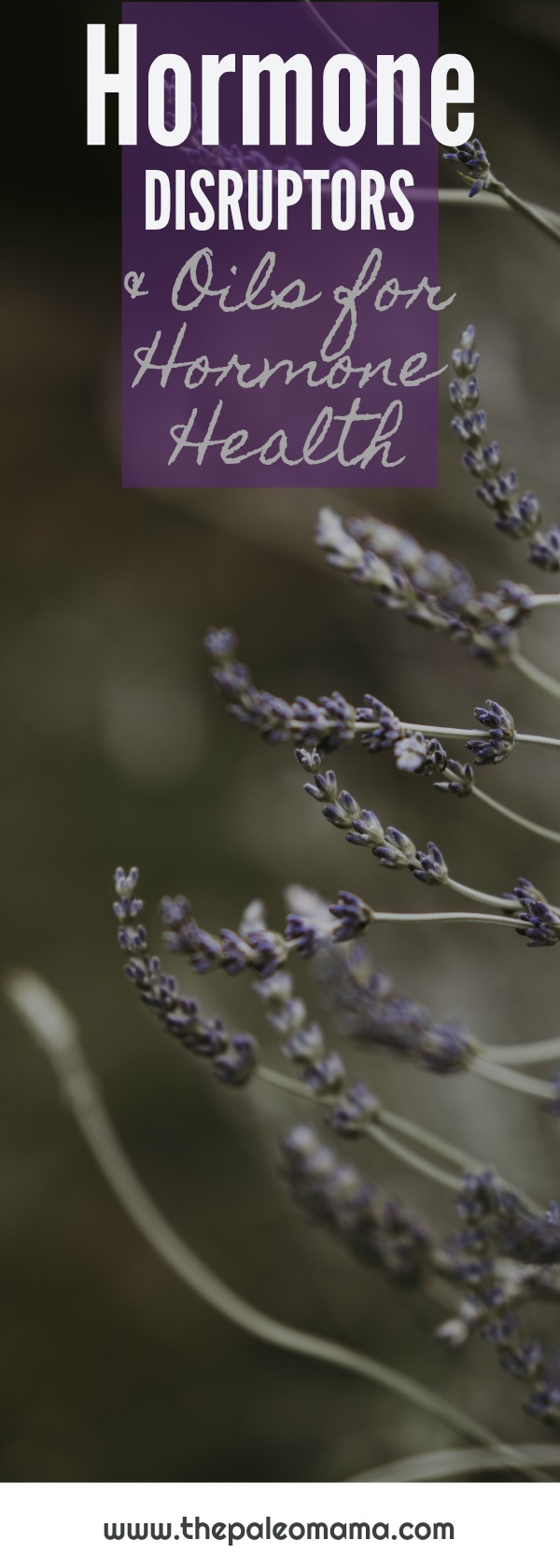
Howdy, everyone! Let’s talk about gut health! It is tied to SO MANY systems in our body, that it is cruical for overall health!
In this podcast, we discuss:
- Gut Health
- Signs of Poor Gut Health
- How to Improve Gut Health
- Oils that Support Gut Health
- Fermented Foods
- Supplements
Mentioned on the podcast:
If you are interested in learning more about essential oils, click here!
Here are the show notes for today’s podcast:
[Read more…] about 008: Gut Health: Right Foods, Right Herbs, and Right Oils to Support


